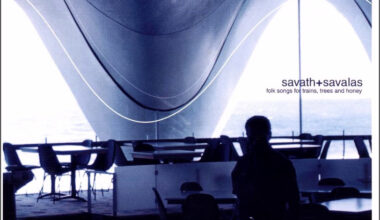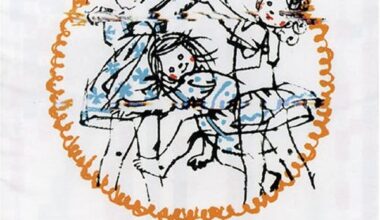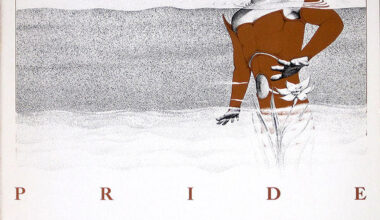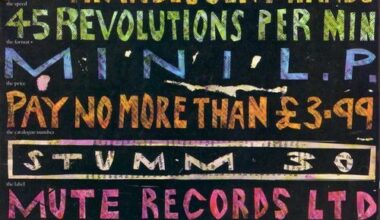
The track titles alone sound like long-lost episodes of early 1970s ‘Doctor Who’. ‘Troglodyte’, ‘Enzymes In Your Ear’ and ‘Songs Of The Wire’ would surely be rollicking adventures, although it’s hard to imagine Jon Pertwee not raising a bemused eyebrow at Side 2’s opener, ‘Organ In The Clouds’.
Curiously, it could almost have happened. Ayrshire-born sound experimentalist Geesin turned down a mid-1960s invitation to join the BBC’s Radiophonic Workshop, fearing that even this hotbed of Heath Robinson-esque invention would overly institutionalise his maverick spirit.
Instead, he became a pivotal counter-culture figure, famously drafted into Pink Floyd’s 1970s sessions to complete the troublesome ‘Atom Heart Mother’ album, and also working with Roger Waters on the soundtrack to ‘The Body’, a documentary about human anatomy. This latter opus combines traditional folk songs, contemporary classical workouts and innovative sound collages, one of which is called ‘More Than Seven Dwarfs In Penis-Land’. It is somewhat ahead of its time.
‘Electrosound’, from 1972, was the first of Geesin’s adventures into the deliciously illicit world of library production music. Music composed and recorded for TV and film producers to license at will, it was never intended for the record racks of Woolworths or HMV. It was distributed by EMI’s legendary KPM label, whose impressive catalogue had previously provided the themes to ‘Animal Magic’, ‘Dave Allen At Large’, and ‘This Is Your Life’. Geesin’s magnificently otherworldly compositions were unlikely ever to signal the arrival of Eamonn Andrews and his famous red book, but they remain, almost five decades on, an evocative, immersive body of work.
You can never accuse Geesin of being precious. “The pieces herein displayed may be combined with themselves (as much out of sync as possible) to achieve thicker diffuse atmospheres” he instructed on the sleeve notes. “And playing things at different speeds could not be wrong!”.
Tempting as it is, I’ve always listened to each track separately, at the correct speed, and they’re still utterly transportive.
So ‘Glass Dance’ is the sound of gleaming citadels gliding through alien skies; ‘Slow Sprinkle’ the plaintive cries of wonky robots shambling across purple deserts, baking beneath the heat of a blue, triangular sun. ‘Syncopot’ sounds like a rogue computer attempting to control the mind of a wild-haired scientist in some secret government laboratory. ‘Commuter’ begins in a gently sinister fashion, with manipulated piano rhythms wrapping themselves around pulsating electronica, before ‘Car Crusher’ chucks the whole kaboosh into… well, what sounds like an industrial scrapyard compactor, chewing on the remains of a written-off Ford Anglia.
Anyone who grew up during this halcyon era will recognise the sound of “the future”… a future that consisted of Bacofoil and bubblewrap, and all those 1980s moonbases and Mars missions to come. That Geesin recorded this album in his self-built secret laboratory in the Sussex countryside only adds to the charm; the perfect 1970s combination of visionary experimentation and bucolic retreat.





